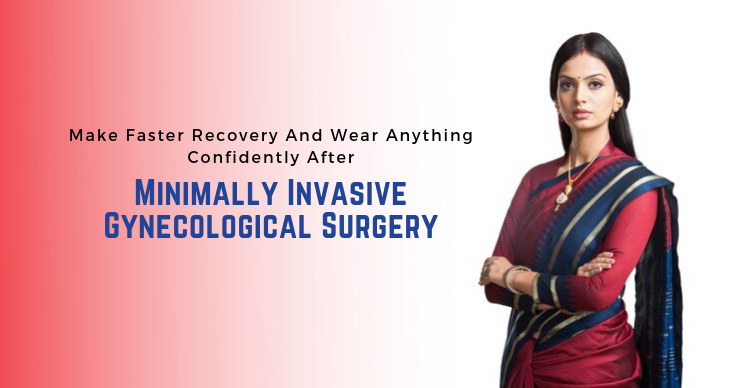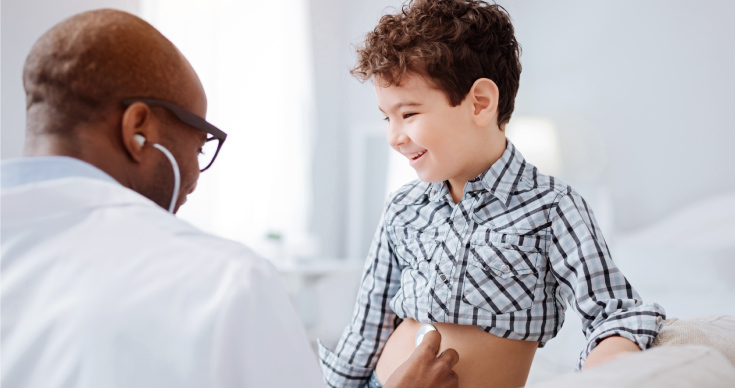It is the festive season, the month we all wait for every year. This is the time when we get to enjoy the most with our family and friends. But if during this time anyone gets sick, then all plans are bound to go down the drain. So, ILS Hospitals in Kolkata is going to give you tips on how to stay healthy and disease-free during this time.
-
Over the last few years, the rain has been an ever-present factor in the festival season especially before diwali, which also makes it easy for diseases like malaria and dengue to fester. So use mosquito repellent when going out and a net when going to sleep.
-
Viral infections like cough, cold, and fever are also very common during this season. Don’t drink cold water or cold drinks after coming from outside. Try to avoid them as much as possible, even at home. This will prevent you from getting infected with a cold infection. Especially at late night, the temperature falls and the chances of getting a cold increase. So try to avoid cold drinks, ice-creams etc. at night.
-
While going out during the day, make sure to carry an umbrella, sunglass and sunscreen with you at all times, or you may get sun-burned badly.
-
When burning crackers during Diwali, take extra precautions against any accidental burning. Be careful about smoke and loud noises specially for the children and aged individuals.
-
Eating out during the festive season is very common and half the enjoyment is in that only. So as we cannot completely avoid eating out but rather can eat wisely. Most roadside stalls are not much healthy, so choose wisely from where you are eating. If possible, carry water from home before going out.
-
It’s also a holiday time and we like to go out more as well. Going out every day during the festive season can make one tiresome, drenched out of energy and make feel thirsty. If possible carry lemonade or ORS with you. This would help to restore the electrolyte imbalance of the body.
-
If you are going out at night then make sure that you get enough sleep during the day as good sleep is important for the body. Also, staying awake at night is not good for small children and the aged individuals. So, make sure that they get their proper sleep.
-
Try to avoid the crowd if you are an asthma patient or this may aggravate your problems and may sustain attacks of asthma. Diabetes patients should continue their diabetes treatment as usual during this time and limit eating sweets as well, especially when it can be tempting once you get so many sweet boxes from your neighbors on Diwali.
Follow these tips to stay healthy and have a great Diwali and a festive season ahead.












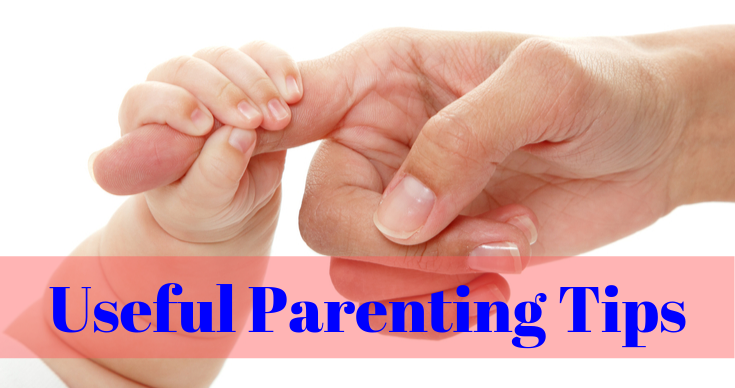
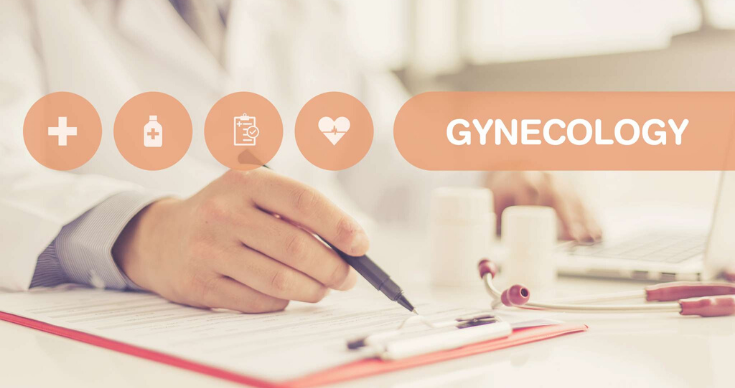

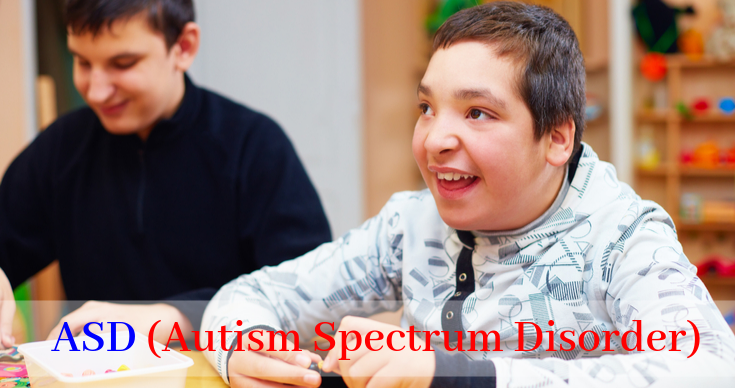
 The human gut comprises of upper part and a lower part. The lower part consists of most of the small intestine, all of the large intestine, rectum and anus. There can be a number of diseases affecting this lower part, both in innocuous way and in overt way. The trivial symptoms like weakness, weight loss, occasional bleeding with stool are many times ignored resulting in delayed diagnosis and treatment. There may or may not be familial or inherited trait toward developing bowel cancer. Many of these, if diagnosed and treated at an early stage, can be completely cured.
The human gut comprises of upper part and a lower part. The lower part consists of most of the small intestine, all of the large intestine, rectum and anus. There can be a number of diseases affecting this lower part, both in innocuous way and in overt way. The trivial symptoms like weakness, weight loss, occasional bleeding with stool are many times ignored resulting in delayed diagnosis and treatment. There may or may not be familial or inherited trait toward developing bowel cancer. Many of these, if diagnosed and treated at an early stage, can be completely cured. These cancers can be very silent to start with and may not be detected without careful attention on part of the patients and the doctors together. To make the matter worse, they can spread from one place to another rather quickly. There lies the importance of early screening and thorough check up. Generaly early diagnosis and intervention can provide complete cure from these cancers and a normal life.
These cancers can be very silent to start with and may not be detected without careful attention on part of the patients and the doctors together. To make the matter worse, they can spread from one place to another rather quickly. There lies the importance of early screening and thorough check up. Generaly early diagnosis and intervention can provide complete cure from these cancers and a normal life.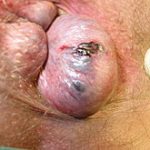 Anal fissure, fistula or haemorrhoids (piles) can have severe implication on quality of life. They may be early signs of more sinister pathologies like cancer as well. Proper vigilance and timely treatment can cure most of them and ensure return to a healthy normal life.
Anal fissure, fistula or haemorrhoids (piles) can have severe implication on quality of life. They may be early signs of more sinister pathologies like cancer as well. Proper vigilance and timely treatment can cure most of them and ensure return to a healthy normal life. This can be a debilitating condition affecting quality of life. It may affect other systems of the body and may even lead to cancer eventually. Combination of medicine and surgery is the only key to treat this problem.
This can be a debilitating condition affecting quality of life. It may affect other systems of the body and may even lead to cancer eventually. Combination of medicine and surgery is the only key to treat this problem.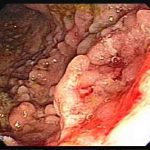 While most of the polyps are benign, yet some of them may turn out to be malignant and it is difficult to know which one will. That makes regular check up more important to allow early detection and intervention for those cancerous polyps leading to complete cure.
While most of the polyps are benign, yet some of them may turn out to be malignant and it is difficult to know which one will. That makes regular check up more important to allow early detection and intervention for those cancerous polyps leading to complete cure.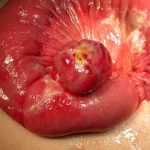 These tumours can produce non-specific symptoms or bowel obstruction. They are amenable to combined medical and surgical management which can ensure good result.
These tumours can produce non-specific symptoms or bowel obstruction. They are amenable to combined medical and surgical management which can ensure good result.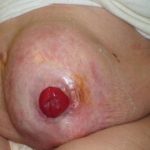 Many a times people have to live with a stoma after operation. While most of these people live a perfectly normal life, sometimes these can be complicated with hernia. Timely repair can restore body image and avoid further complications like obstruction, necrosis.
Many a times people have to live with a stoma after operation. While most of these people live a perfectly normal life, sometimes these can be complicated with hernia. Timely repair can restore body image and avoid further complications like obstruction, necrosis. Dr Atindriya Biswas, a renowned laparoscopic colorectal surgeon lends his hands to support and realize this vision to establish and run colorectal service at ILS Hospitals. Dr. Biswas has been extensively trained in India and UK. He has been a surgical consultant in UK centers and some of the apex Indian institutes like Apollo Gleneagles Hospital and Tata Medical Center. He performs most of the procedures by laparoscopy or endoscopy.
Dr Atindriya Biswas, a renowned laparoscopic colorectal surgeon lends his hands to support and realize this vision to establish and run colorectal service at ILS Hospitals. Dr. Biswas has been extensively trained in India and UK. He has been a surgical consultant in UK centers and some of the apex Indian institutes like Apollo Gleneagles Hospital and Tata Medical Center. He performs most of the procedures by laparoscopy or endoscopy.
